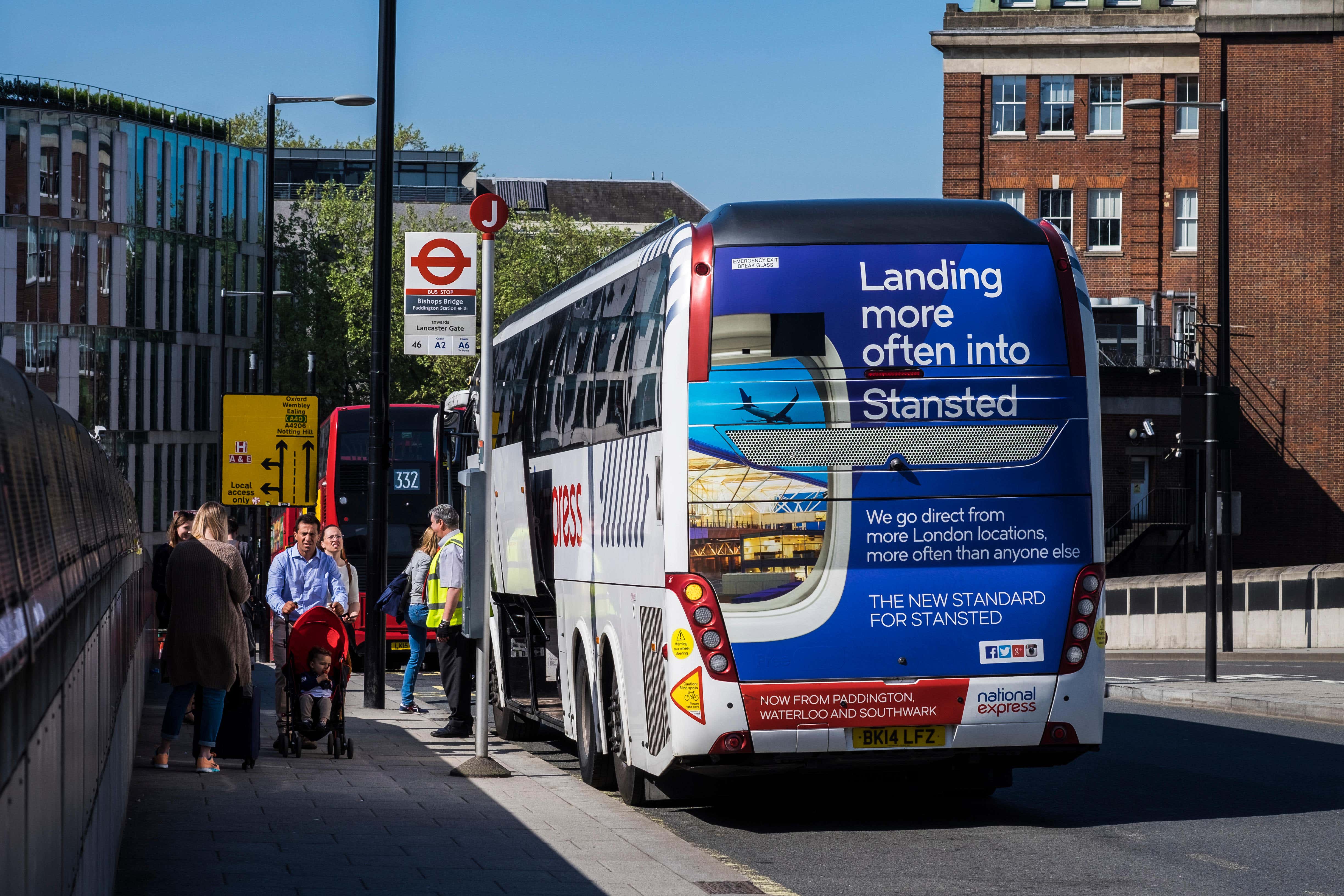‘Stop putting coach stops in the worst areas of town’ councils warned
‘It’s not a great advertisement for the town or city that’s doing it’

Councils have been told to stop putting coach stops in the worst areas of town.
It comes as an industry body which claimed passengers are often dropped off in “dingy” areas.
Recent research found that coach passengers in Britain spend an estimated total of £8.3 billion a year in local economies.
Graham Vidler, chief executive of the Confederation of Passenger Transport (CPT), said many locations designated for coaches are “not a great advertisement” for towns or cities.
Speaking at the organisation’s annual conference in central London, he said: “If you go to many towns and cities across the country, they haven’t really thought through what to do with coaches and coach passengers when they come.
“You’ll often find that the drop-off and pick-up points are in a dingy part of town.
“They’re underneath the railway arches in central Manchester, for example.
“It’s not a great experience for coach passengers.
“It’s not a great advertisement for the town or city that’s doing it.
“What we want to see is local authorities doing a little bit more work with us to understand what are the places that coaches are likely to visit, what are the times of year when they’re likely to come, and what are the opportunities for growing that.”

The study, conducted by financial services company KPMG, calculated that one daily coach to a destination can deliver £1 million in local economic value.
Mr Vidler said: “That’s £1 million of spending in the local economy that you won’t have otherwise, because people who are travelling on coach day trips are generally travelling because it’s a coach day trip.
“They wouldn’t be coming by other means.
“There’s a real opportunity there for local authorities to capitalise on that.”
Mr Vidler wants the issue to be included in the Integrated National Transport Strategy, which is being developed by the Government to direct how transport should be designed, built and operated in England over the next 10 years.
Local transport minister Simon Lightwood told the conference the strategy will “usher in a revolution in how Britain moves”.
He went on: “Buses and coaches are the backbone of our country, not only shouldering the needs of millions of people every day, but stepping in when other forms of transport fail.
“This Government and its national missions rest on more people using buses, they rest on new routes, greener buses and smoother journeys, and on buses finally being run by the public, for the public.
“That’s our commitment, and we’re getting on with the job.”
Bookmark popover
Removed from bookmarks